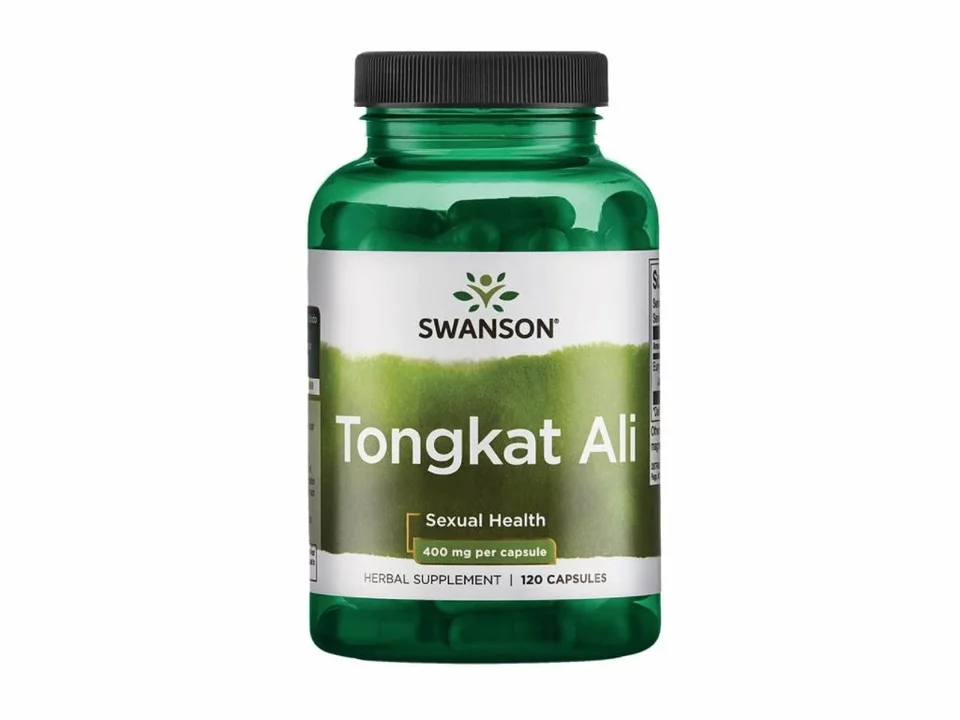Astragalus: practical guide to benefits, uses, dosage and safety
Astragalus is a popular herbal remedy used for immune support, recovery after illness, and general vitality. People have used the root for centuries in Traditional Chinese Medicine, and today you can find it as teas, capsules, tinctures, and powders. This page gives clear, practical advice so you can decide if astragalus fits into your routine.
Benefits & uses
Research suggests astragalus may support the immune system and reduce the length or severity of common colds when taken early. Some small human studies and lab research point to antiviral and anti-inflammatory effects, but high-quality trials are limited. Clinically, people use astragalus for mild immune support during cold season, to help recovery after stress or illness, and as a general tonic for low energy.
Forms matter. A brewed decoction (tea from the root) delivers different compounds than a concentrated extract. Capsules and tablets are convenient and often labeled with a standardized extract percentage. Tinctures absorb quickly and suit people who prefer liquids.
Dosage, timing and practical tips
Typical adult doses vary by product: 500–1,500 mg daily of dried root extract is common for capsules; traditional decoction doses are around 9–30 g of raw root daily, divided into two or three servings. Tinctures are often dosed at 1–2 mL, two to three times daily. Start at the lower end to check tolerance and increase only if you see benefit.
Use cycles: many herbalists recommend taking astragalus for 6–8 weeks, then pausing for a couple of weeks. If you plan continuous use, check in with a clinician every few months. For children, pregnant or breastfeeding people, and those with chronic conditions, talk to a healthcare provider before starting.
Watch for interactions. Astragalus can stimulate the immune system, so it may reduce effectiveness of immunosuppressant drugs (like those used after organ transplants). It can also affect blood sugar and blood pressure, so be cautious if you take diabetes or blood pressure medications. If you use blood thinners, check with your doctor—some herbs can change clotting risk.
Side effects are usually mild: stomach upset, diarrhea, or allergic reactions in sensitive people. Stop use and contact your clinician if you develop unusual symptoms. Also avoid starting astragalus right before surgery.
Choosing a product: pick brands with third-party testing, clear ingredient lists, and good reviews. Organic root products lower pesticide risk. Read labels for extraction method and suggested dose, and avoid blends that hide astragalus under many ingredients if you want a clear test of its effects.
If you're trying astragalus to boost immunity or recovery, give it several weeks to see effects and track any changes in symptoms, energy, or side effects. When in doubt, ask a pharmacist, herbalist, or doctor who knows your medical history. Practical choices and safe use matter more than hype.





